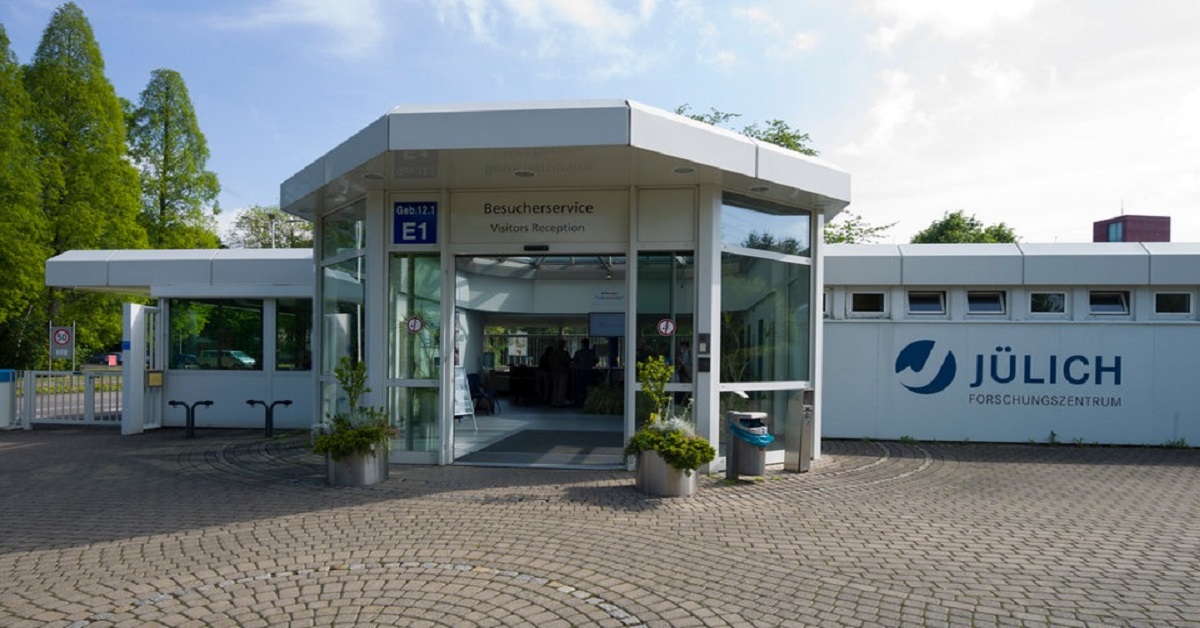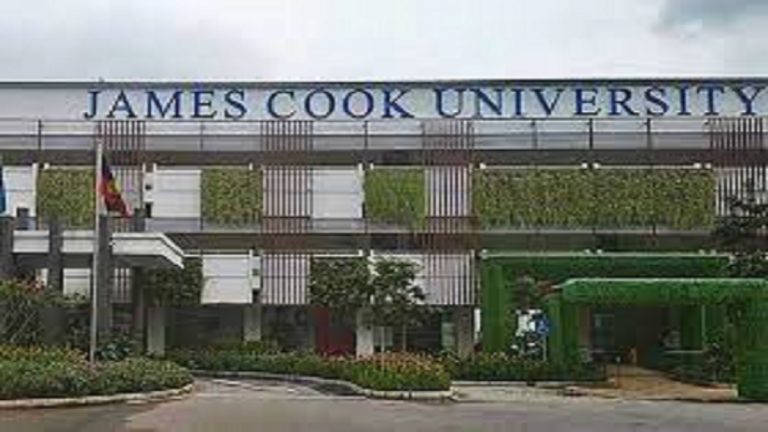
The existing issues of climate change, pollution, and finite sources of fossil fuels demand integration of renewable energy sources. However, the assimilation of fluctuating renewable sources into sustainable electricity grid needs innovative energy storage solutions. The current state of lithium-based batteries (LBBs) as a promising energy storage system suffers from limited voltages and low capacities and does not meet the growing demands of the future energy storage market. In this regard, a transition from current-phase to next-generation LBBs with higher energy densities, lower cost, and longer cycle life is inevitable.
At the Helmholtz-Institute Münster: Ionics in Energy Storage (IEK-12), Institute of Energy and Climate Research, we are concerned with the research of novel electrolyte compositions as the key component for future energy storage concepts. We are located at the branch in Münster of Forschungszentrum Jülich and we operate in close cooperation with the Westfälische Wilhelms-Universität Münster (WWU) and the Rheinisch-Westfälische Technische Hochschule Aachen (RWTH).
Your Job:
Ordinarily, at the operating electrochemical potentials of LBBs, conventional electrolytes are unstable against the anode and cathode, which leads to the formation of interphase with a specific chemical nature. Such resistive interphase, which is formed at the expense of electrolyte material loss, considerably limits the attainable energy and impairs the ionic conduction. This results in limiting the attainable performance, stability, and lifetime of LBBs. To rationally design the electrolyte formulations for the next-generation batteries, a robust mechanistic understanding of the interphase’s formation, evolution, and degradation is of great importance. In this regard, the master thesis is designed to develop near-field vibrational spectroscopy techniques toward improved understanding of the interphases for the future energy storage devices.
Your specific tasks in detail:
- Synthesis of core-shell metal nanoparticles and their corresponding analytical and electrochemical characterization;
- Vibrational spectroscopy characterization of battery’s interphases employing the nanoparticle-based near field vibrational spectroscopy;
- Electrochemical characterization of battery cells (potentiostatic/galvanostatic cycling, EIS and LSV);
- Correlative analysis of electrochemical properties and vibrational spectroscopy results;
Your Profile
- You are completing a master’s degree in chemistry;
- Basic knowledge and proven interest of synthetic methods;
- Basic knowledge of electrochemistry;
- Knowledge on vibrational spectroscopy techniques is a plus;
- Willingness to work in the interdisciplinary fields of energy storage and operando analysis;
- Excellent cooperation, communication, and teamwork abilities;
- Good English proficiency in spoken and written;
Our offer
We work on the very latest issues that impact our society and are offering you the chance to actively help in shaping the change! We support you in your work with:
- The opportunity to be trained in relevant electrochemical characterization and vibrational spectroscopy techniques;
- A versatile, highly motivated working group of international character within one of the largest research institutions in Europe;
- Flexible working hours;
- Excellent scientific and technical infrastructures;
- Intensive support of the work on site;
We offer an exciting and varied role in the new Young Investigator Group for Electrolyte Formulation, which is led by Dr. Masoud Baghernejad.
Place of employment: Münster
Contact person
Dr. Masoud Baghernejad
Institut für Energie- und Klimaforschung (IEK)
IEK-12: Helmholtz-Institut Münster (HI MS)
Ionenleiter für Energiespeicher
Corrensstraße 46
48149 Münster
E-Mail: [email protected]
Telefon: +49 251 83-25091
Fax: +49 251 83-30020


